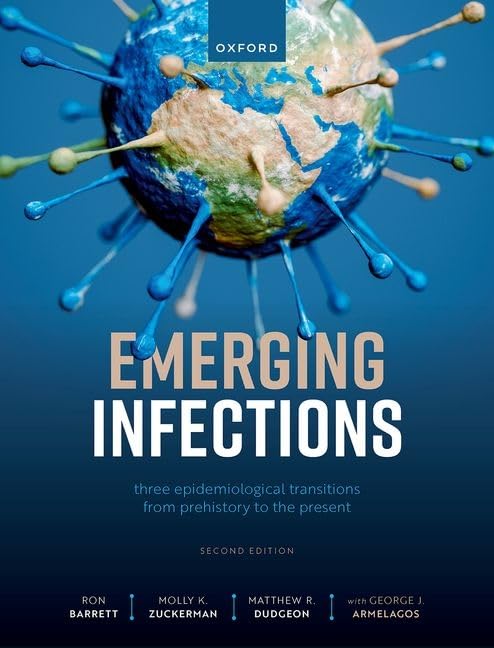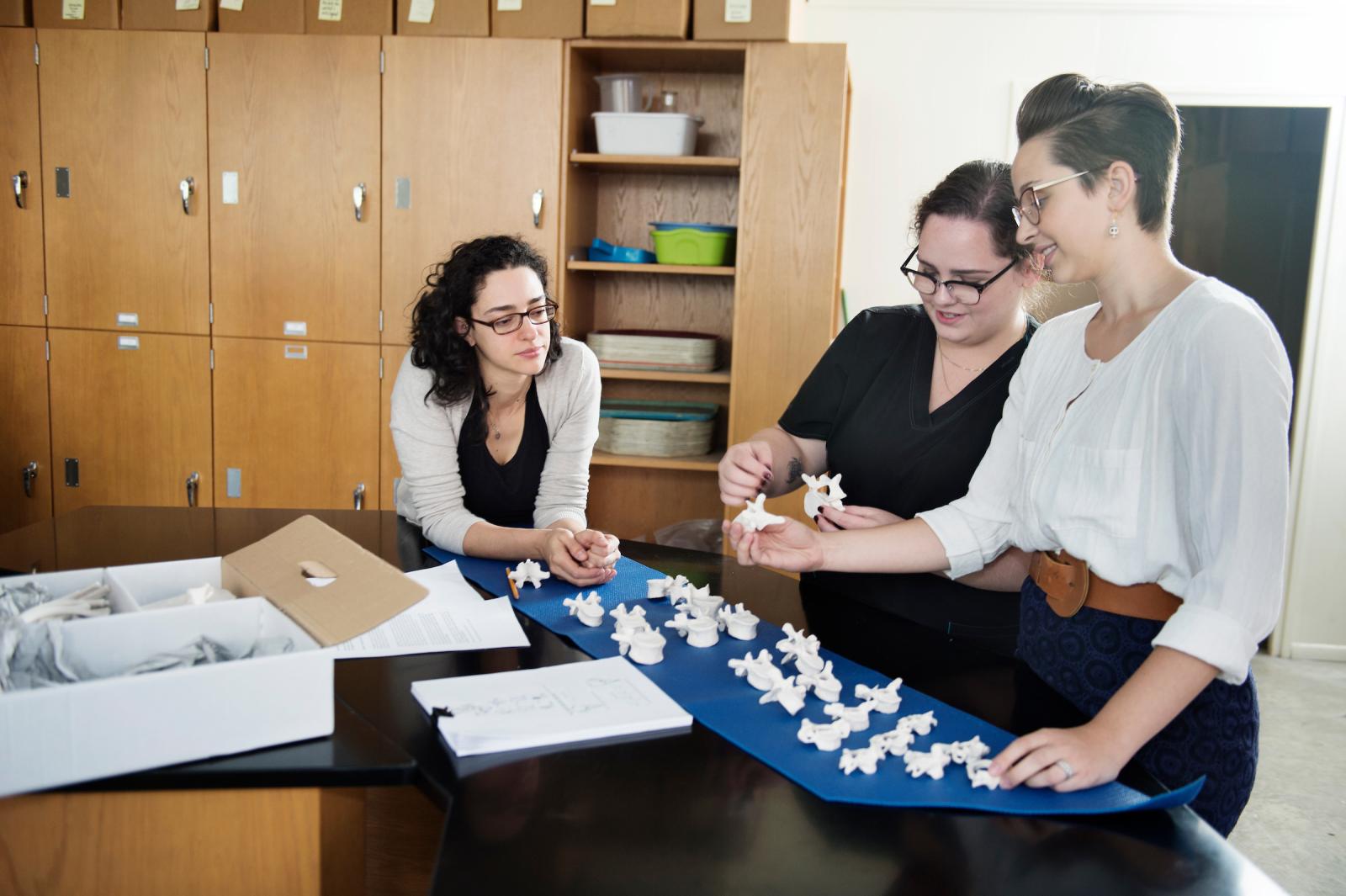Health Histories, Community Futures
Interview conducted by Sam Kealhofer
At the intersection of history, biology, and public health, Dr. Molly Zuckerman’s research sheds powerful light on how inequality and social conditions shape disease—not just in the past, but in ways that still echo through today’s healthcare challenges.
A biological anthropologist at Mississippi State University, Zuckerman explores how poverty, racism, and institutionalization have influenced health outcomes throughout history. Her work often focuses on the human skeleton, using forensic and bioarchaeological techniques to uncover hidden stories of illness and survival—stories that are deeply relevant to the present.
One striking example is her study of a 1930s-era African American man whose death from pneumonia—a treatable condition—highlights the tragic consequences of health disparities that persist to this day. By identifying bacterial DNA in his dental plaque, Zuckerman and her team offered rare biological evidence linking social neglect to preventable death.

Zuckerman expands on these themes in the book she co-authored, Emerging Infections: Three Epidemiological Transitions from Prehistory to the Present (Oxford University Press). The book traces how human behavior, environmental change, and inequality have driven disease patterns through history—from early agricultural societies to the modern era of antibiotic resistance and chronic illness. The newest edition addresses pressing contemporary issues such as vaccine hesitancy, climate change, and global pandemics.
Her goal is not just academic. Zuckerman sees her work as a tool for informing public health policy, exposing how systemic factors—rather than individual choices—often determine who gets sick and who gets well.
“Understanding the roots of today’s health inequalities helps us build more equitable systems,” she says. “If we know where we’ve been, we have a better chance of changing where we’re going.”



